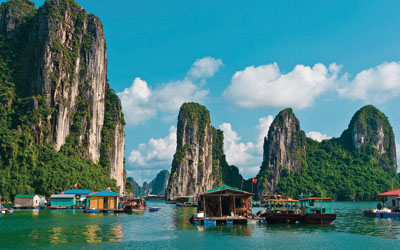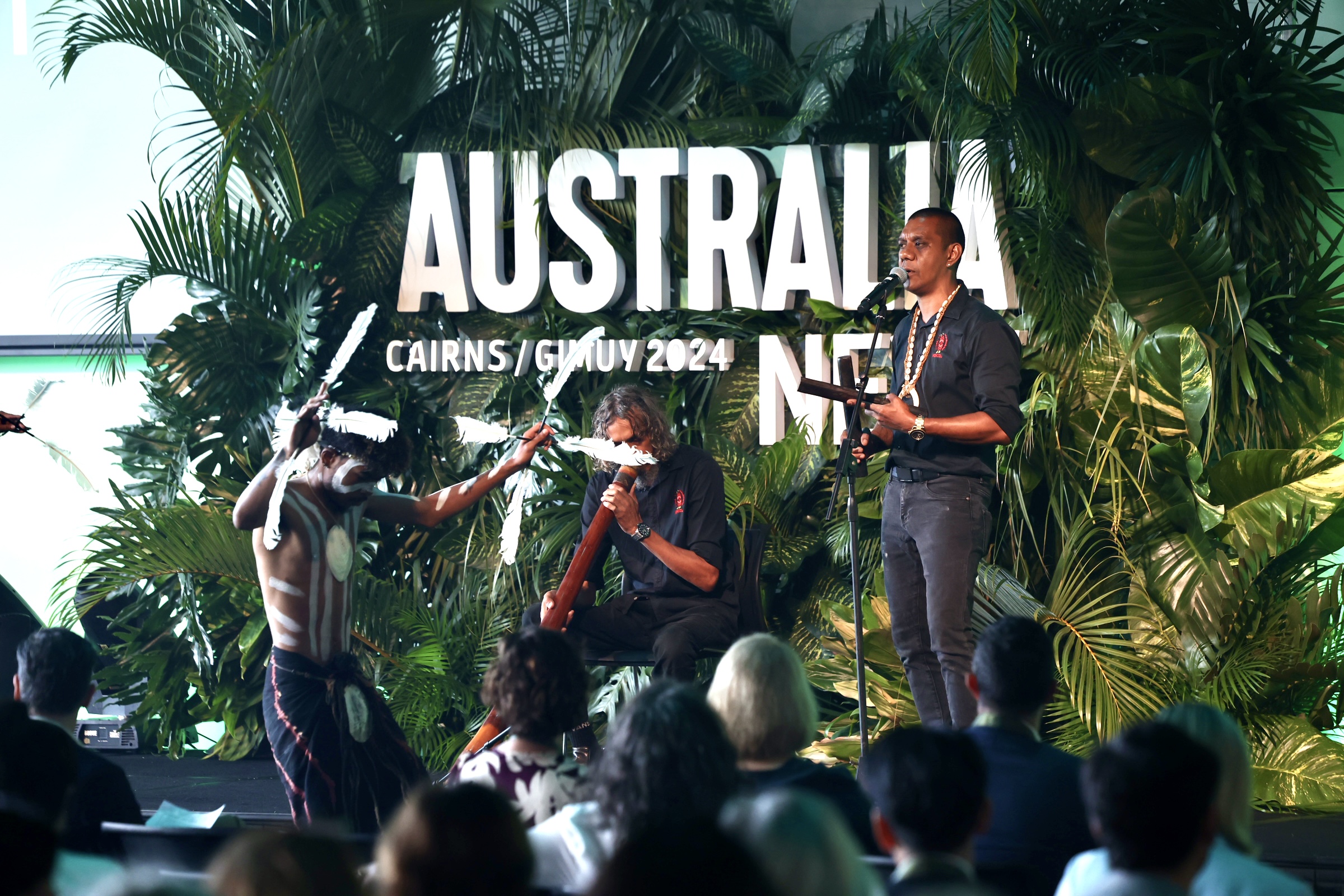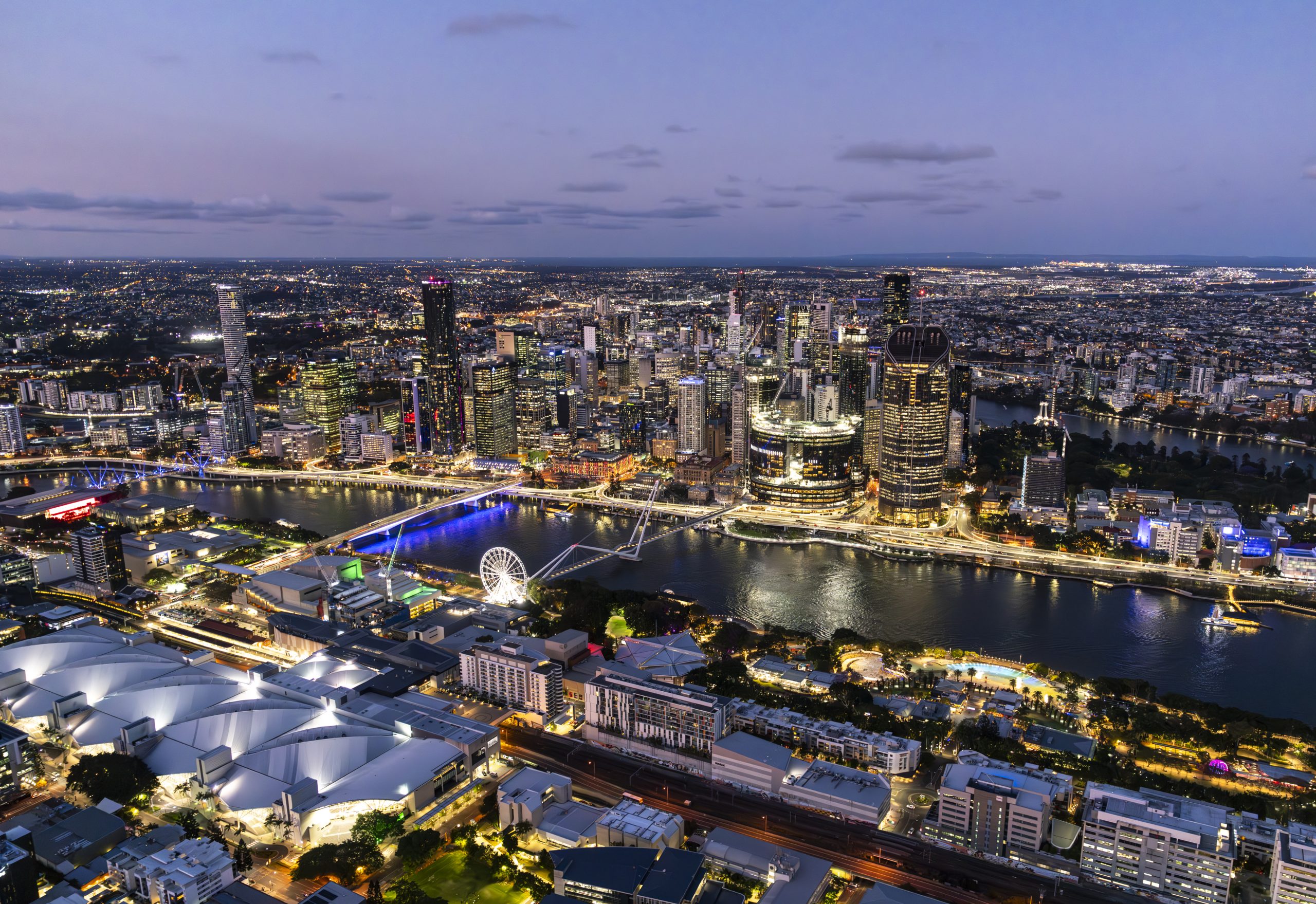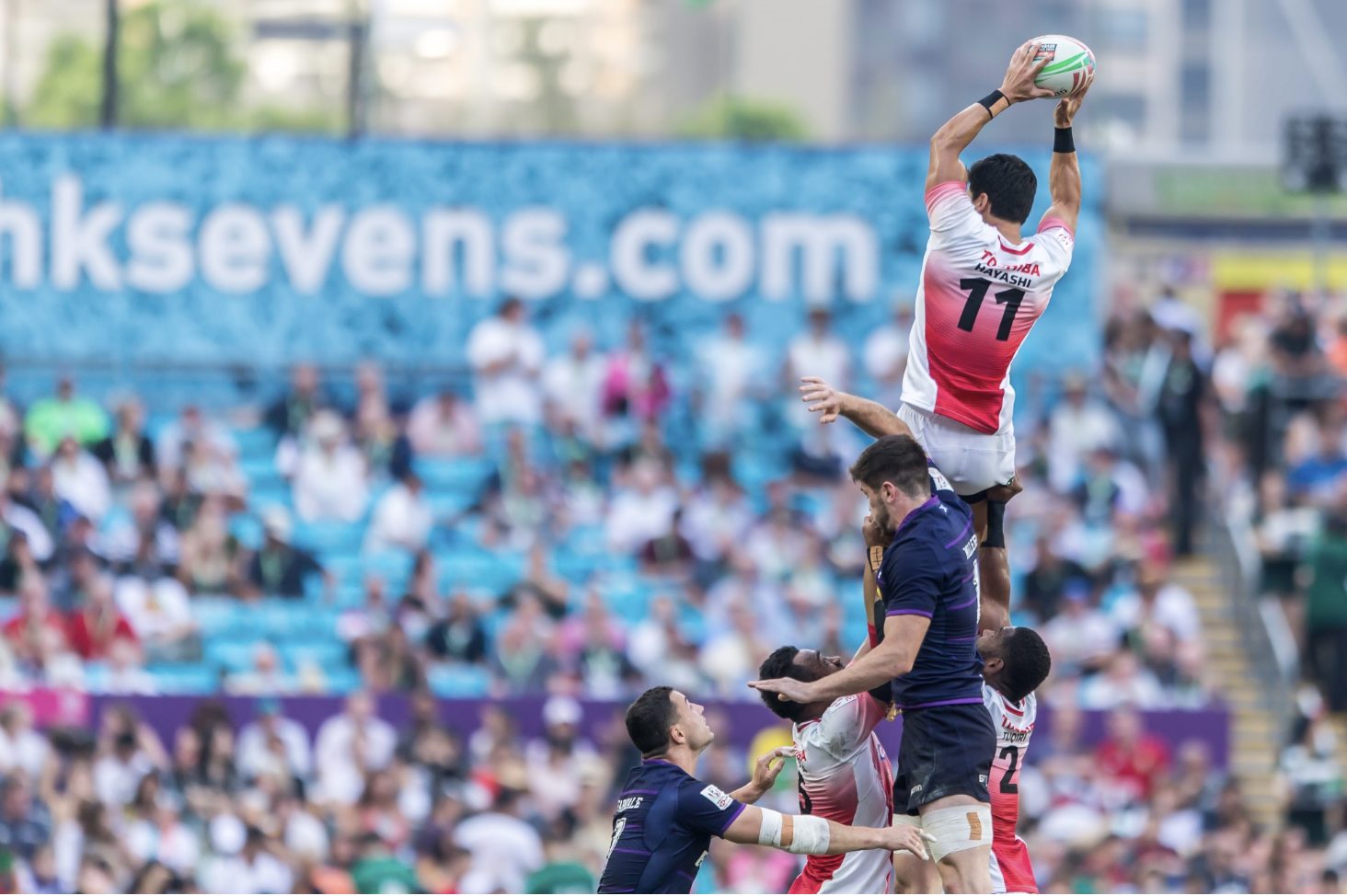
Vietnam is a brave new world for Asia’s business event planners. The country’s admirable facilities, natural beauty, buzzing metropolises, and historic sites make it an enticing choice for organisers – especially as rates compare favourably with other regional destinations.
The two main cities – Hanoi in the north and Ho Chi Minh (HCMC) in the south – have the most to offer, with conference centres, hotels that run the gamut from heritage to ultra-modern, and an excellent range of dining and things to do.
And Vietnam’s infrastructure is improving in medium-sized leaps and bounds. Numerous international air connections are backed up by three domestic carriers, with a fourth – Vietstar – due to take to the skies shortly, while a new terminal for HCMC airport is at an advanced stage of planning.
Event organisers are resoundingly upbeat about Vietnam and its burgeoning potential for conferences, incentives and events.
“Vietnam is not a developing country, it’s booming,” says Lise Papay Jurgens, MICE manager for EXO Travel.
“It’s already a very well implemented destination for incentives and events, and it’s getting hotter. There are many reasons – the infrastructure, facilities and possibilities are great, and there are so many hotels and resorts with the meeting spaces and capacity – plus Vietnam is safe for travellers.
“For me Vietnam is a pearl for MICE, especially for clients who want to experience authentic local life with the feeling of a unique and exclusive experience. And the quality of services and accommodation is absolutely top-notch.”
A sterling example of the new breed of meeting venues comes in the form of the JW Marriott Hanoi, which stands next to the National Convention Centre in Tu Liem, the city’s new central business district.
Designed by New York-based architect Carlos Zapata, the 450-room property’s cantilevered structure was inspired by the country’s coastline and references characteristics of a dragon, making it a modern interpretation of a symbol from Vietnam’s past.
“We provide one of the largest and most innovative meeting venues in the region, including two ballrooms and 17 function rooms, covering 3,600 sqm on one floor, plus 1,200 sqm of pre-function space and extensive foyer areas,” says Paul Dunn, the hotel’s director of sales and marketing.
“All the meeting space is located on the ground floor with a dedicated entrance and parking and there’s a separate lobby for private group check-ins, so it could not be better suited for MICE.”
Other hotels vying with the JW Marriott for custom include the Hilton Hanoi Opera, in the heart of one of the oldest parts of the city, and the Sofitel Legend Metropole Hanoi, which first opened its doors in 1901 and counts numerous celebrities and heads of state among its previous guests.
In HCMC, which is also home to the Saigon Convention & Exhibition Centre, few properties have yet to match the elegance and sophistication of the Park Hyatt, although traditionalists will probably feel more at home in such classic hotels as the Rex or the Continental.
However, what really gives Vietnam the edge as a MICE destination is its culture, as event planners are quick to point out.
“Unlike more mainstream destinations such as Singapore, Hong Kong and Thailand, Vietnam offers an experience of old Asia, now lost in many countries, coupled with modern luxuries,” says Paul Levrier, managing director for Destination Asia (Vietnam), which ran its first incentive programme to the country in 2000.
“Vietnam is a living and breathing culture steeped in traditions that are graciously mixed with a European heritage, through French influence in the 19th and 20th centuries. We have access to stunning French colonial residences and palaces as well as working pagodas in rural villages.
“Ho Chi Minh City is full of colour, with a young, vibrant population that drives its energy. This can be coupled with a more traditional and elegant allure of old-world Hanoi with its architectural masterpieces such as the Opera House or Temple of Literature – both of which can be hired for private events.”
Crucially, Vietnam is increasingly attractive to event planners as it is relatively inexpensive.
“Cost-wise, Vietnam sites just above Thailand but well below rates associated with Hong Kong and Singapore,” says Levrier.
“It is generally considered that Vietnam offers superb value for money. Off-site venues and catering costs remain low compared with regional countries, meaning that our clients receive more bang for
their buck.”
Luxury and adventure
From the luxurious to the adventurous, there’s no shortage of activities to keep delegates busy and entertained in Vietnam.
Event organisers suggest a gala dinner at the History Museum or Opera House in Hanoi, preceded by a sunset cocktail party in the grounds of a temple. Other potential dining venues include a beach or a floating village at Unesco World Heritage-listed Halong Bay (below), a short journey east of the capital. In HCMC, the Presidential Palace makes for the most sumptuous venue for an evening meal or reception.
By day, groups can take a cyclo or boat tour, or hop aboard a bicycle, scooter, Jeep or xe lam (Vietnam’s version of the tuk tuk). Other popular excursions include visiting markets, sampling street food, meeting local personalities, experiencing a blessing ceremony in a temple, or having a go at rice farming.



